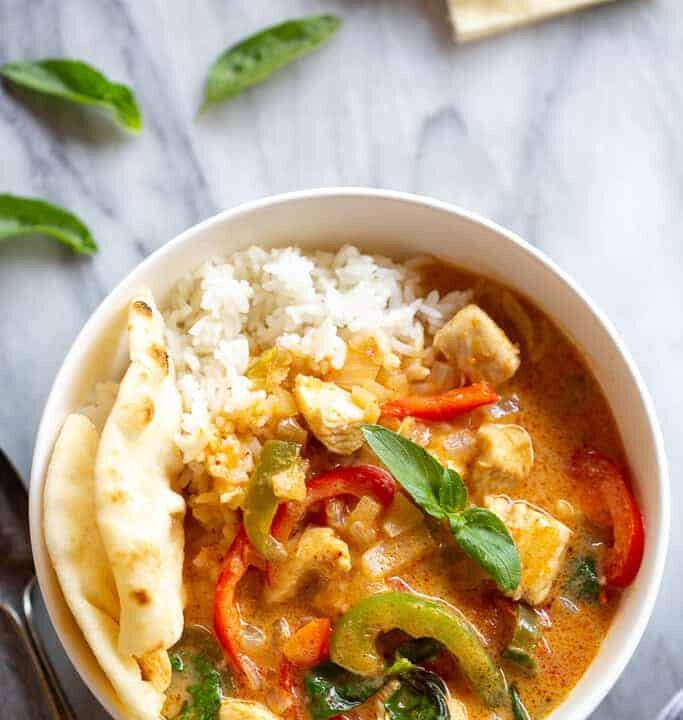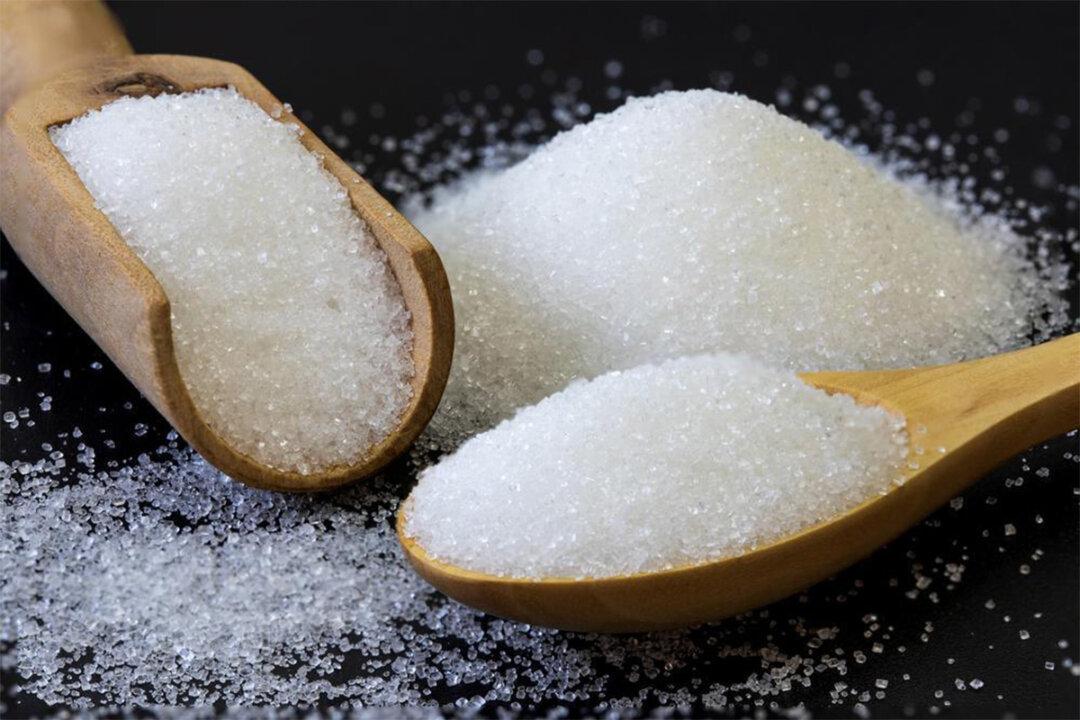“You are what you eat.” The old adage seems to be especially true in India, where World Health Organization statistics showed that the rate of new cancers in 2020 was 6.9 percent, much lower than the 11.8 percent found in the United States or China’s 23.7 percent.
Is there a secret to Indians’ health? Let’s take a look at curry, a common Indian food.





